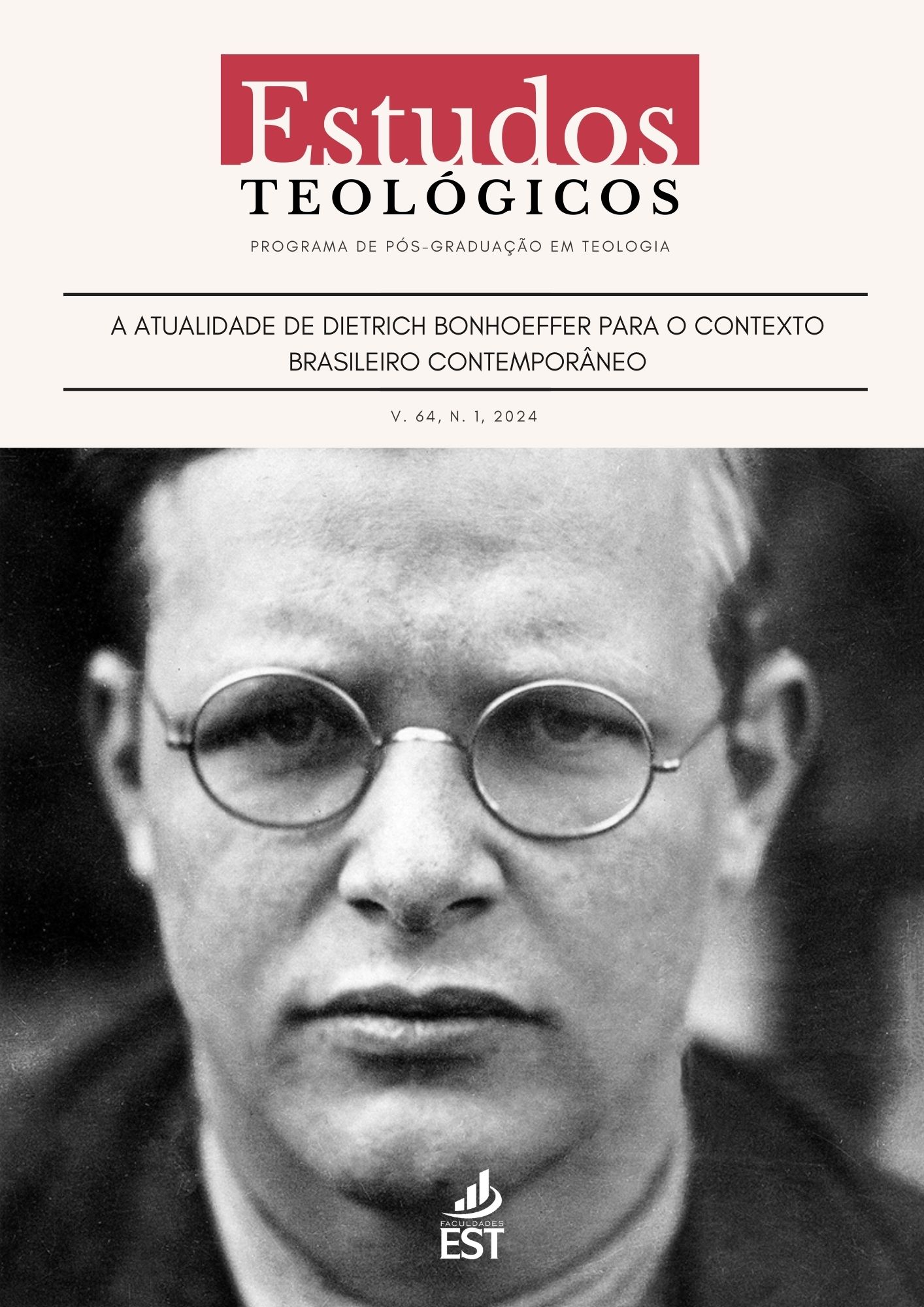The formation of the book of Numbers in the context of the post-exilic composition of the Pentateuch
DOI:
https://doi.org/10.22351/et.v64i1.898Keywords:
Pentateuch Composition, Numbers, Fortschreibung, Triateuch, Documentary hipotesysAbstract
This article aims to analyze the structuring of the book of Numbers in the post-exile context of the composition of the Pentateuch. We discussed the existence and literary coherence of a Triateuch of priestly organization, whose end was Lv 26, a chapter which establishes literary relations with previous texts and with Deuteronomy. Then, we analyzed the formation of Numbers through the theories that locates it close to the final redaction of the Pentateuch, as a bridge between Gênesis–Levíticus and Dt and between the priestly and deuteronomistic theology. The formation of the book embraces successive supplementary redactions to the existing texts, with adaptations and commentaries, what is known as Fortschreibung. This model has implications for researching in Numbers. The search for the meaning of the text must be done by investigating the ideological and theological construction that underlie the literary-theological projects in Persian period. Literarily, the book of Numbers must present thematic and structural connections with texts from Genesis–Leviticus and from Deuteronomy/Deuteronomist History. This demands explanatory theories on how these materials were clustered, juxtaposed and interpreted, since the redactional and editorial process was certainly not the same as that of Triateuco and Deuteronomy.











